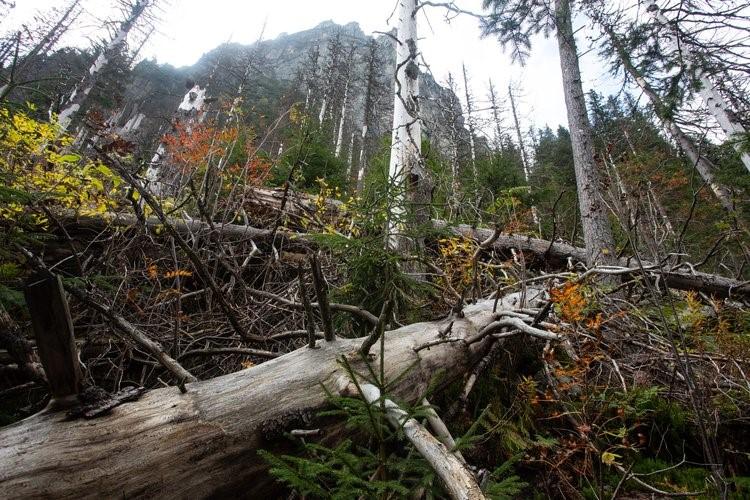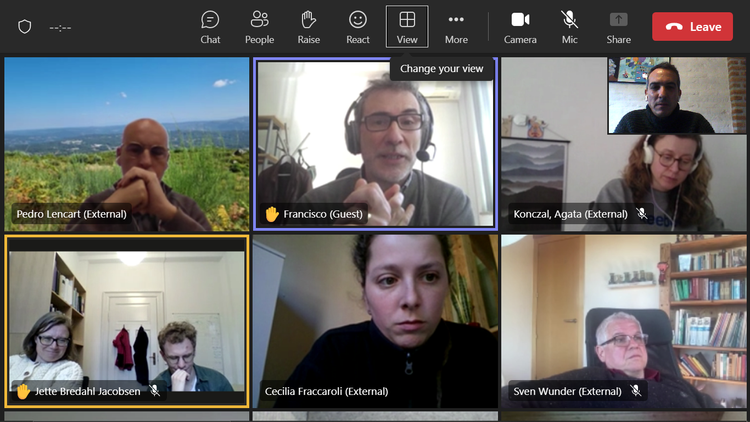Promote your project outputs through our new Knowledge Repository, launching 2024

Working with stakeholders at eight carefully selected rewilding sites across Europe to gather first-hand information on how rewilding solutions can effectively support nature and people whilst being economically viable.

As part of the wildE project we're building a Knowledge Repository that will collate and share resources relevant to rewilding. By 'resources' we mean project outputs and deliverables that others can use to help benefit their own work. Examples might include tools, guidance, training materials, datasets, documents and more.
Our aim is to bring together practical knowledge on rewilding to make it easier to find and in doing so, help projects reach more users and achieve greater impact for their work.
The wildE Knowledge Repository is being developed by Oppla, the EU Repository of Nature-based Solutions. It will be integrated as part of the Oppla web-platform for long-term hosting; meaning that it will continue to be managed and updated beyond the wildE project itself - giving perennity to the outputs of any projects wishing to contribute.
We'll keep you updated in the Knowledge Repository as it develops.
If you'd like to be among the first to feature and benefit from the launch publicity later this year, then you can start adding your project outputs now. To do so:
We'll take care of the rest and let you know when the Knowledge Repository is ready for launch (Autumn 2024).
If you need support or have any questions, contact Jagger Biggs at Oppla: jagger@oppla.eu


The area of the Baixo Sabor Rewilding Case has experienced widespread rural exodus since the 1960s. Today, the landscape is a complex mosaic of intensive olive and almond groves, small fallow fields, timber forests and abandoned croplands.


The image in the post above shows an image sequence of successional stages at Baixo Sabor, ranging from initial shrublands 5-10 years after abandonment (1) until climax vegetation with junipers or oaks.

Natural disturbances such as windstorms or bark beetle outbreaks are an important part of the forest dynamics in the Rewilding Case High Tatras National Park.


Spruce mountains are forests recovering from a bark beetle outbreak in the Rewilding Case National Park High Tatras.

During the past few months, several groups of ecologists, economists and social scientists have gathered online to discuss the socio-economic aspects of each of the eight Rewilding Cases. These meetings have allowed the participants to better know each other, creating a momentum for collaboration and spurring the WP2 activities which are now progressing at a good pace.

May 9, 2024, 3:28 pm
Example of a rewilding product from the Oppla Marketplace: the 'Benefits and Risks of Rewilding' briefing note, published by IUCN.
May 10, 2024, 9:43 am
Content shared with the wildE Knowledge Repository will also be shared with the new EU Science Service web-platform, which is in development and launching in 2027.
The Science Service is part of the EU Knowledge Centre for Biodiversity, which exists to facilitate knowledge sharing and foster cross-sectorial dialogue for EU policy making in biodiversity and related fields.
The Science Service is being developed by the BioAgora project, funded by the European Union. For more information visit www.bioagora.eu